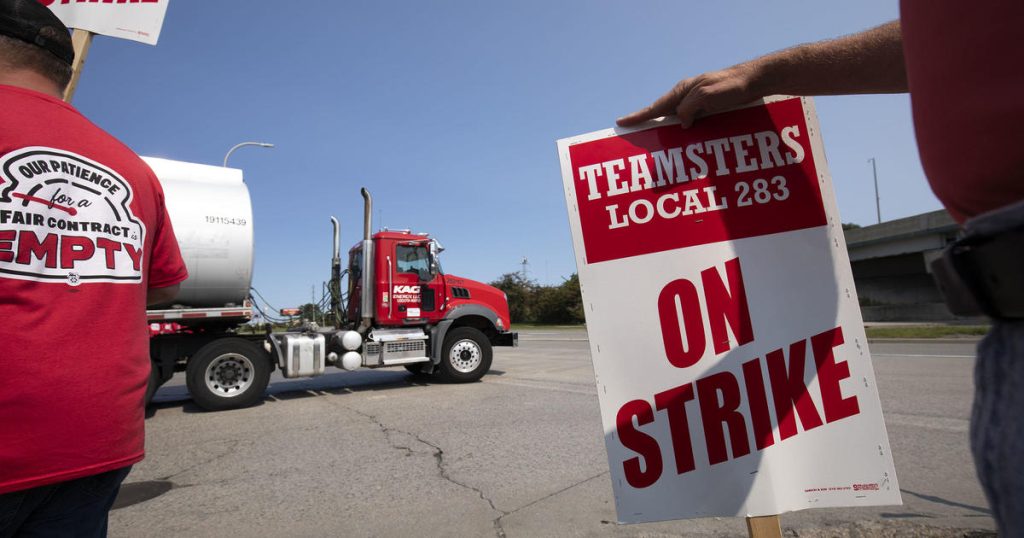In the 2024 presidential race, the International Brotherhood of Teamsters, one of the nation’s largest unions with 1.3 million members, declined to endorse Vice President Kamala Harris, choosing not to support either her or former President Donald Trump. This decision marks a departure from the union’s history of endorsing Democratic candidates since 1996. The Teamsters cited a lack of commitment from both Harris and Trump to issues that are important to their members, such as not interfering in union campaigns or core industries and honoring the right to strike. They also expressed concerns about government intervention in strikes, highlighting a legislation signed by President Biden in 2022 that imposed a labor agreement on rail workers to prevent a strike during the holidays.
Teamsters president Sean O’Brien initiated a roundtable interview process for 2024 endorsement candidates, inviting major-party candidates to make their case for the union’s support. The union met with both Trump and Biden earlier in the year, with Harris replacing Biden as the Democratic nominee in July. O’Brien stated that the Monday meeting with Harris covered the same topics as previous roundtables, focusing on issues like the PRO Act and Right to Work laws. Despite not endorsing a candidate yet, O’Brien emphasized the importance of giving each candidate an interview and ensuring that the decision is driven by the diverse membership of the union.
Following their meeting with Harris, the Teamsters executive board discussed the endorsement decision and shared poll results indicating varying levels of support for Trump and Harris among members. While a plurality of members initially backed Biden, subsequent polls showed more support for Trump. In response to the decision, the Trump campaign highlighted the support shown in the polls, despite the lack of a formal endorsement from the union. Harris’s spokesperson emphasized her ties to organized labor and commitment to looking out for the Teamsters rank-and-file if elected president.
The endorsement decision by the Teamsters, as well as their refusal to endorse a candidate in the 2024 presidential race, has implications for battleground states where union membership is strong, including Michigan, Nevada, and Pennsylvania. The decision also reflects internal divisions within the union, with some factions, like the national Black caucus, endorsing Harris earlier in the year. O’Brien’s involvement in the Republican National Convention and his anti-big business stance have brought attention to the Teamsters’ willingness to work with a bipartisan coalition and prioritize the interests of American workers over party loyalty. O’Brien’s commitment to representing the diverse voices and opinions of the union’s members remains a driving force behind their decision-making process.


